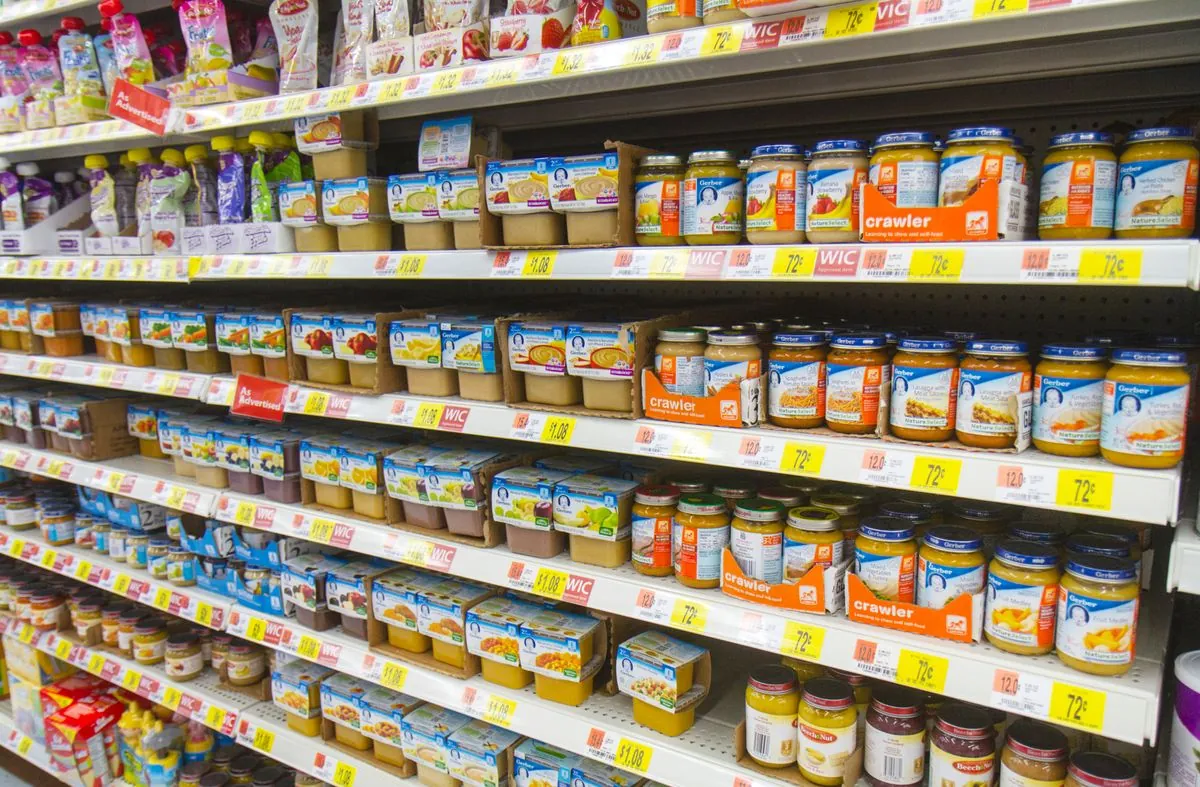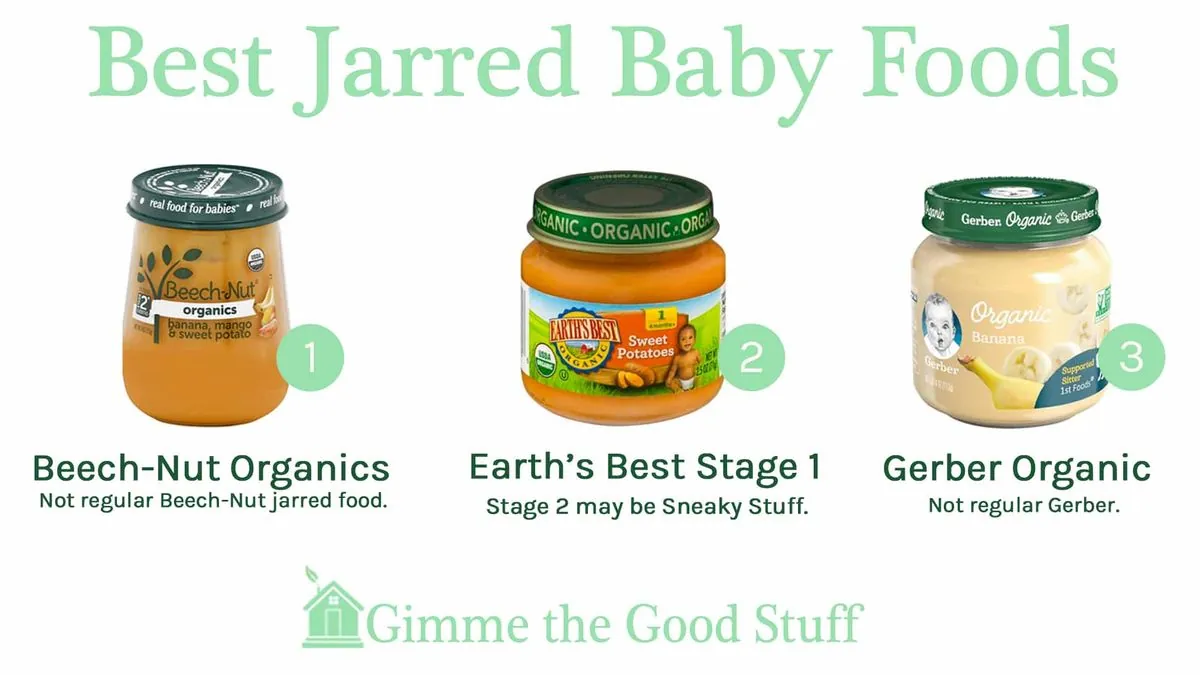US Baby Food Fails WHO Standards: Study Reveals Nutritional Gaps
Research shows 60% of US packaged baby food doesn't meet WHO nutritional guidelines. Issues include low protein, high sugar, and sodium content, raising concerns about children's health and dietary habits.

A recent study has unveiled concerning findings about the nutritional quality of packaged baby food in the United States. According to research conducted by the George Institute for Global Health, approximately 60% of these products fail to meet the nutritional standards established by the World Health Organization (WHO).
The study, published in the journal Nutrients, analyzed 651 commercial infant food items purchased from major US grocery chains between March and May 2023. Researchers used the 2022 nutrient and promotion profile outlined by the WHO Regional Office for Europe as a benchmark for evaluation.
Key findings reveal that 70% of the products failed to meet protein requirements, while 44% exceeded total sugar limits. Additionally, one in four products did not meet calorie requirements, and one in five surpassed recommended sodium levels.

These results highlight a growing concern about the prevalence of ultra-processed foods in children's diets. Elizabeth Dunford, an adjunct assistant professor at the University of North Carolina's Department of Nutrition and one of the study's authors, emphasized that dietary preferences are established at a young age and heavily influenced by early exposure.
"Half of all the sugar that young kids are consuming through these commercial foods come from squeezed pouches, so that's certainly an area we have to be more careful about."
The food industry, represented by the Food Marketing Institute (FMI), maintains that its members follow FDA guidelines and employ nutrition experts to develop products aligned with federal regulations. However, some experts argue that these standards don't always match those set by professional health organizations.
Carolyn Kusenda, manager of the Johns Hopkins Children's Center Pediatric Clinical Nutrition Center, pointed out that many of these foods contain additives like dyes, sweeteners, and emulsifiers, which can have side effects as our bodies struggle to metabolize them.
The marketing of infant and toddler food has also come under scrutiny. Frances Fleming-Milici, director of marketing initiatives for the Rudd Center for Food Policy and Health, noted that many products use misleading claims and imagery to suggest nutritional benefits that may not be accurate.
Health risks associated with ultra-processed foods in children's diets are becoming increasingly apparent. A study published in JAMA Network Open in May 2024 found that children consuming ultra-processed foods were at a higher risk of obesity and cardiometabolic issues.
As the debate continues, experts call for greater oversight in the production, marketing, and distribution of baby foods in the United States. With the childhood obesity epidemic on the rise, it's clear that addressing these nutritional concerns is crucial for the long-term health of the nation's children.


































